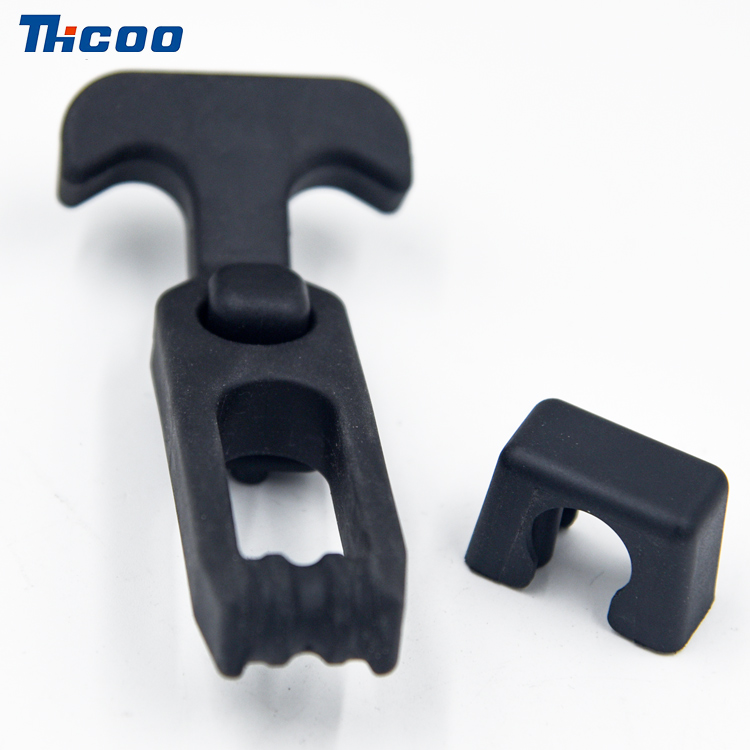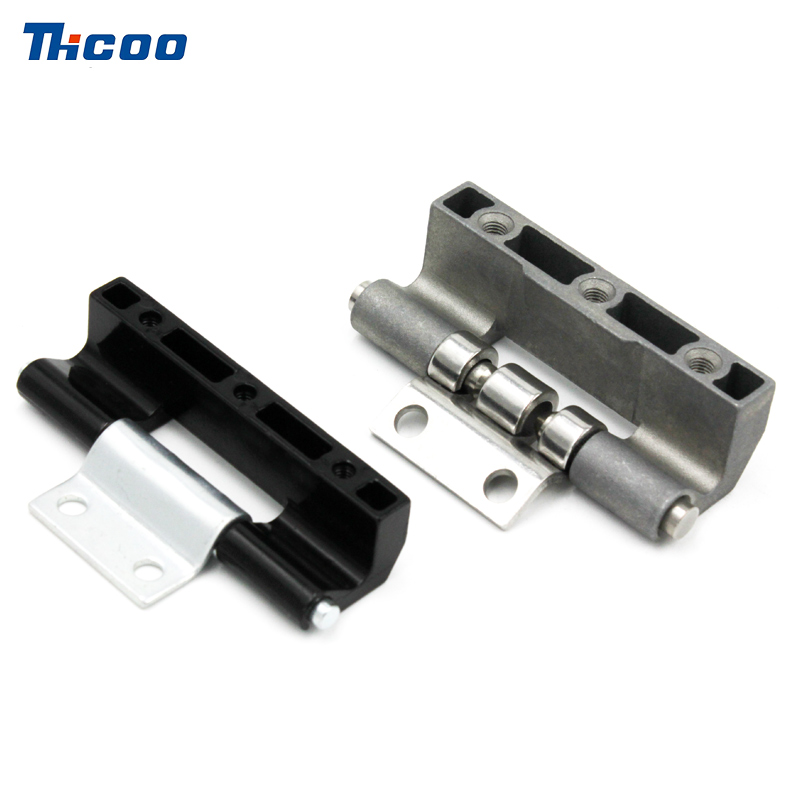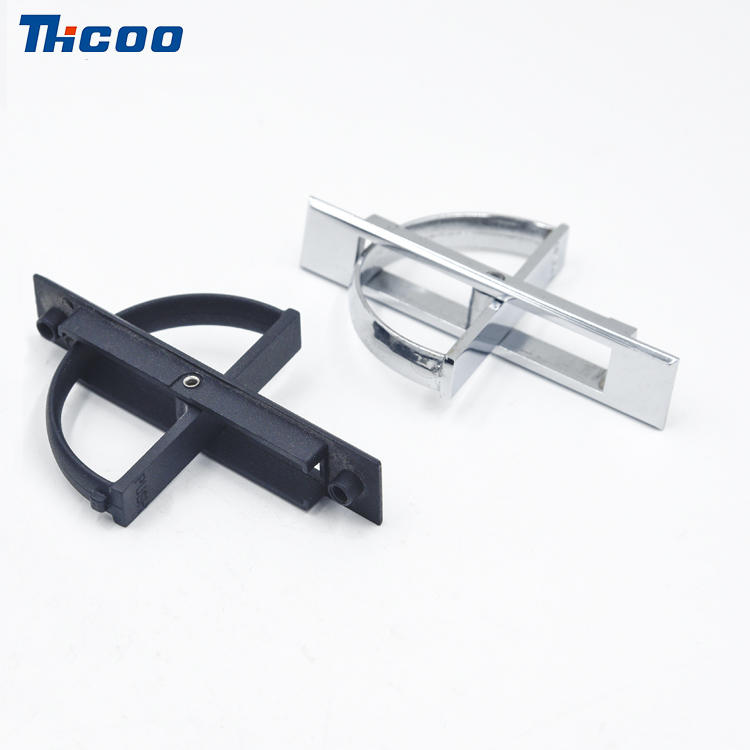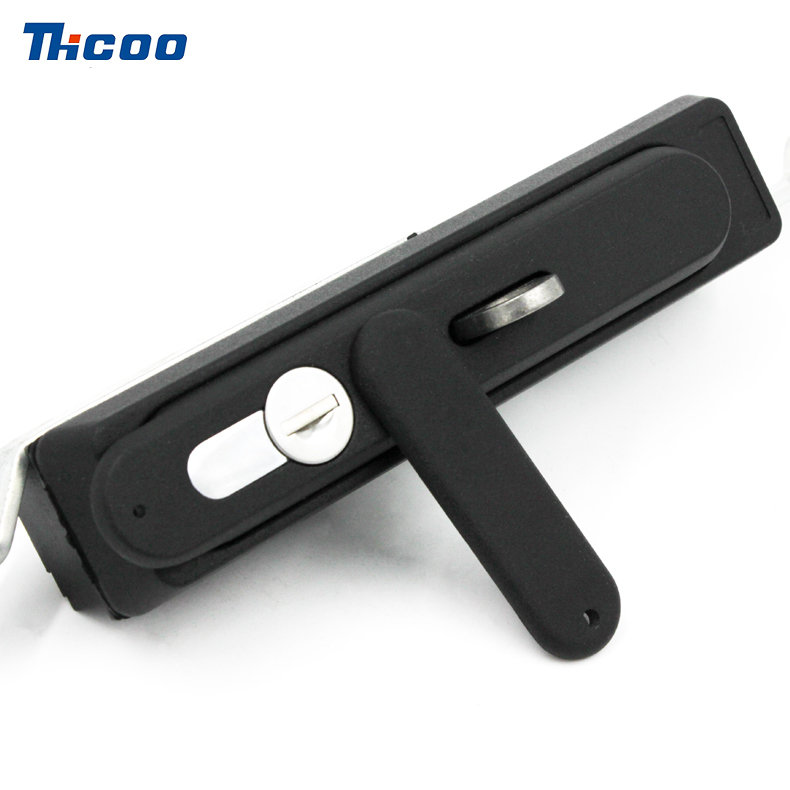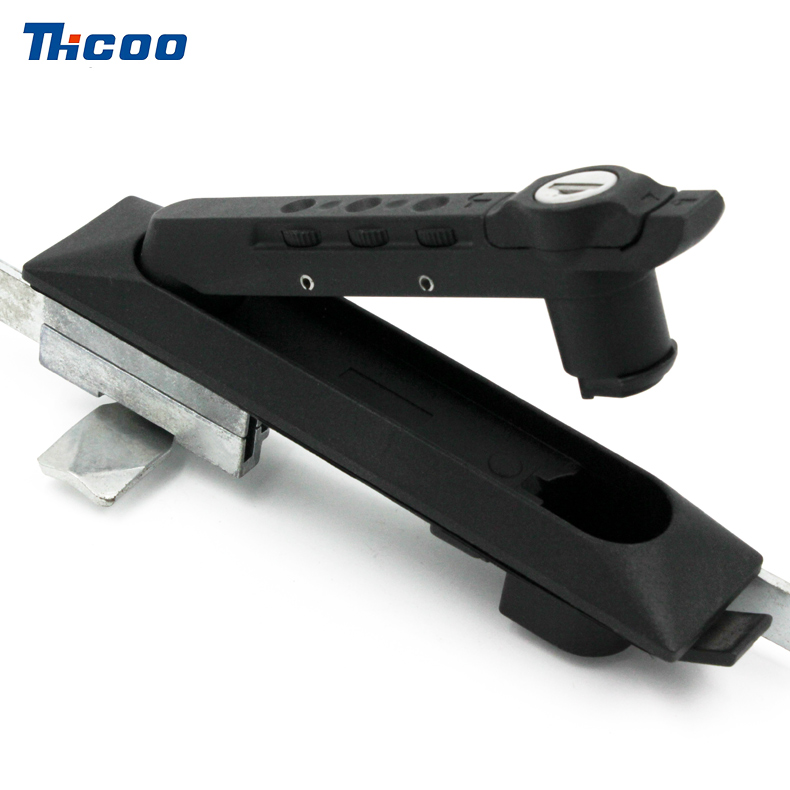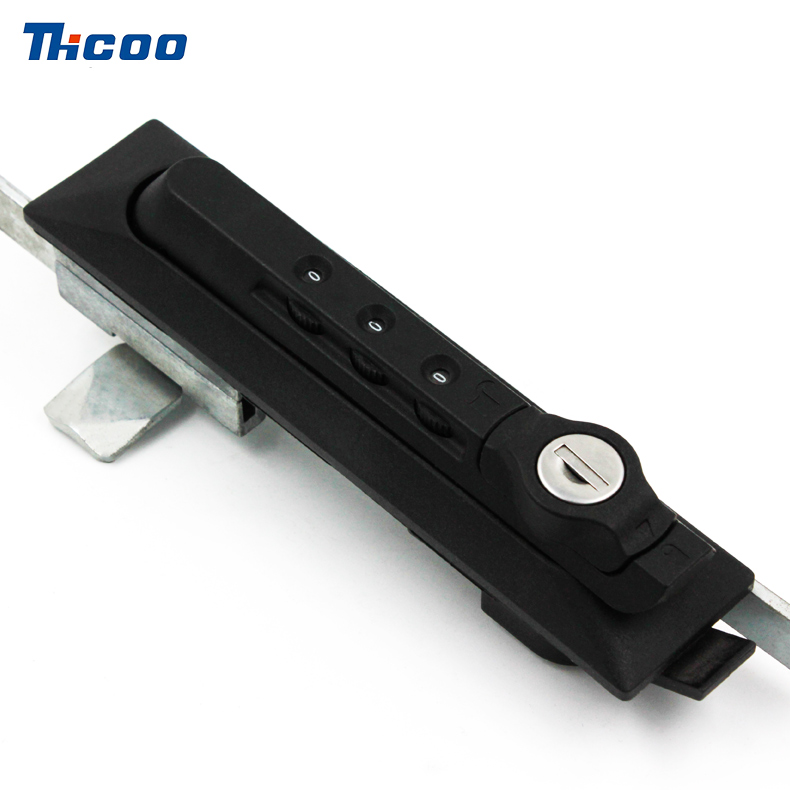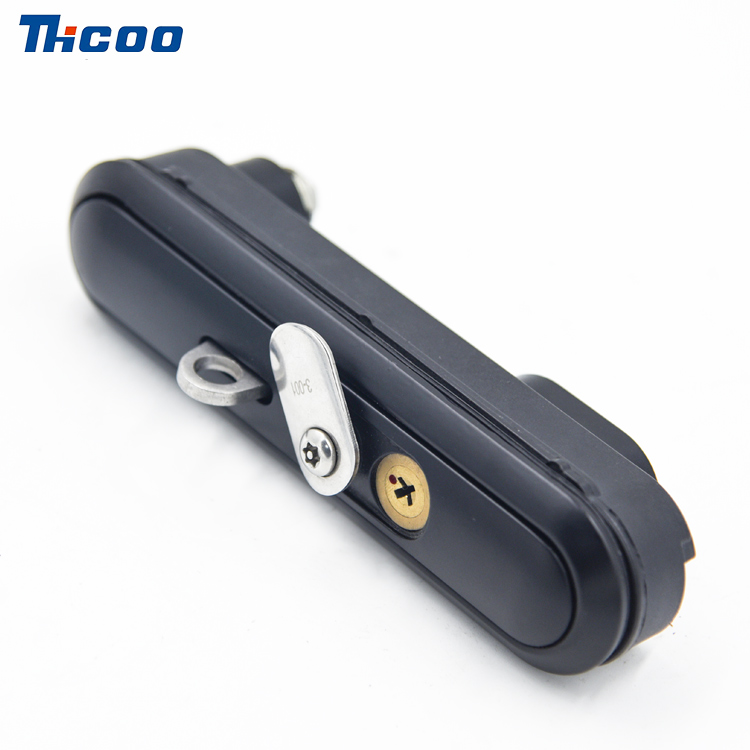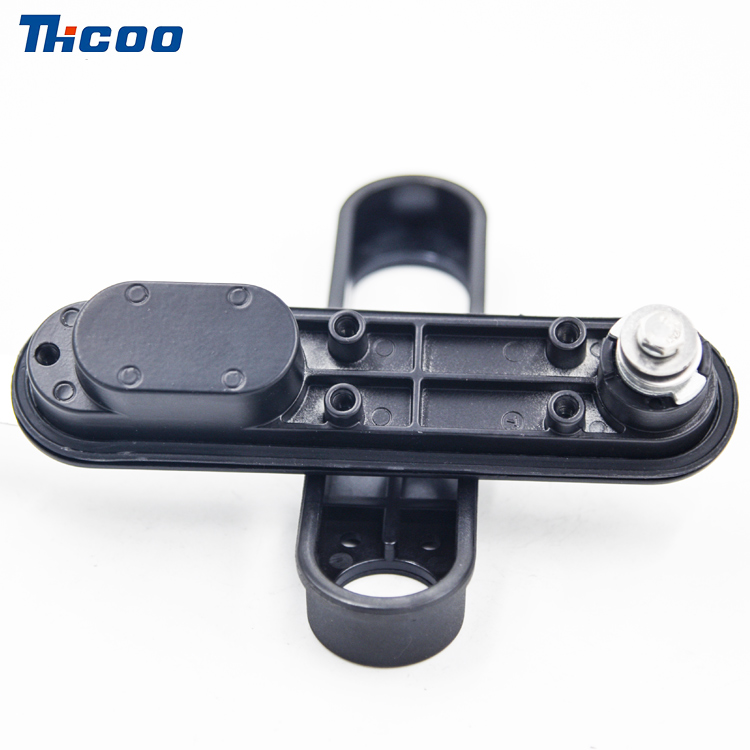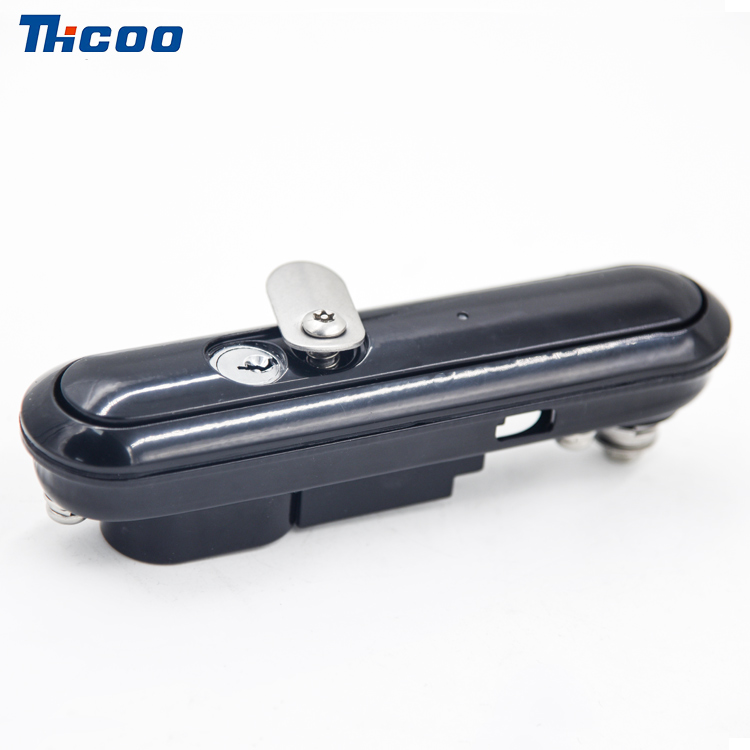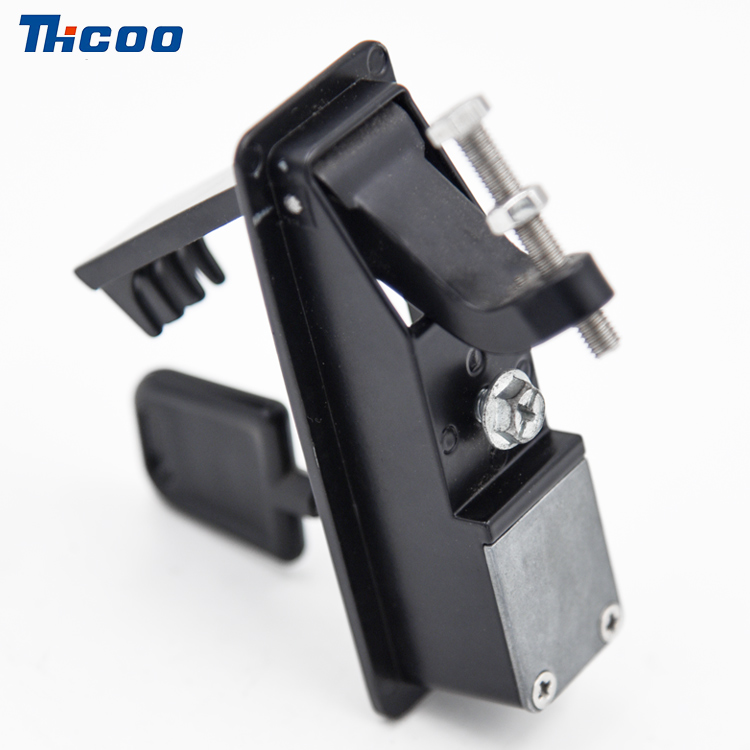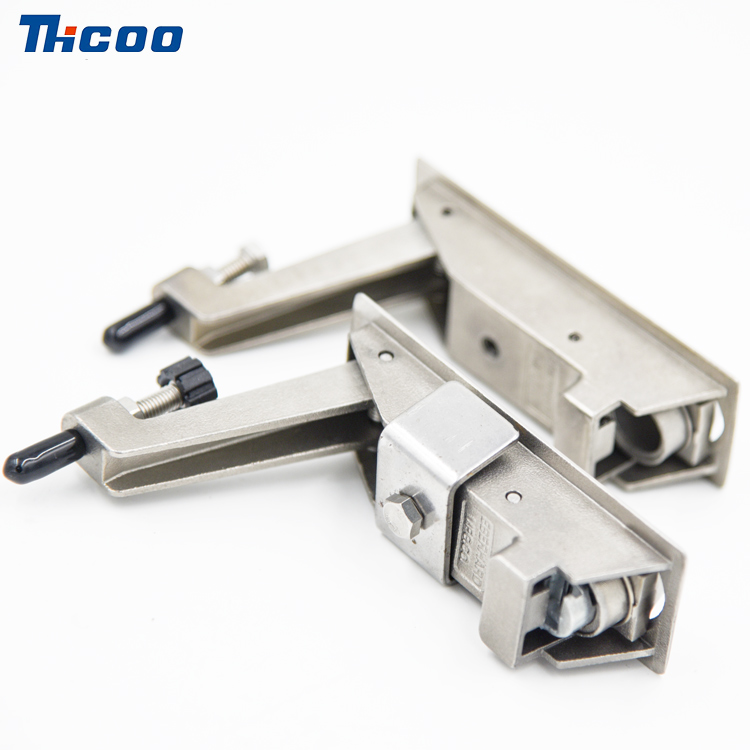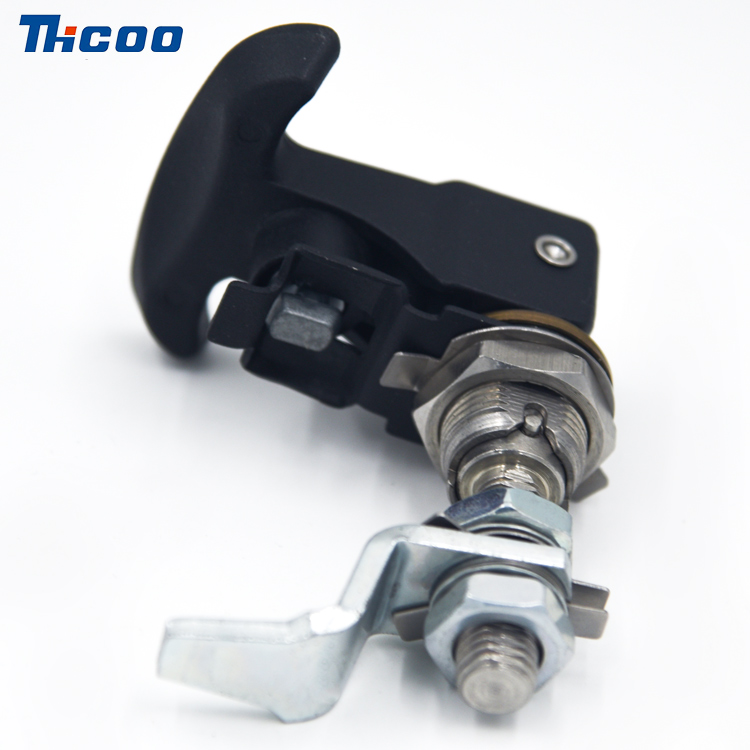It is very important to choose the appropriate lubricant based on the material of the door hinge. Different materials have different characteristics, and improper use of lubricants not only has poor effects, but may also cause damage. The following are the main considerations:
*Steel/Iron hinges (most common):
Requirement: The core requirement is rust prevention and long-lasting lubrication.
Recommended lubricants: Oil based lubricants are the best choice, especially lithium based lubricants or specialized door hinge lubricants. They can form a thick protective oil film, effectively isolate moisture and air, prevent rust, and are not easily lost. Spray lubricants containing antirust additives (such as WD-40 Specialist antirust lubricant) are also available, but their durability is usually not as good as grease.
Avoid: Avoid using very thin and volatile oils (such as sewing machine oil), as they do not provide long-lasting protection.
*Stainless steel hinges:
Requirement: The anti rust requirement is relatively low (inherently corrosion-resistant), with a focus on smooth lubrication, maintaining cleanliness, and avoiding residual stains.
Recommended lubricant: dry lubricant is ideal, such as PTFE (polytetrafluoroethylene, Teflon) spray. They have good lubrication effect and are not easy to adsorb dust and form oil sludge. After spraying, the solvent evaporates and only leaves an almost invisible lubricating film, which is not dirty. Silicone grease is also a good choice, as it has good waterproofing, high and low temperature resistance, is not easy to adsorb dust, and is compatible with stainless steel.
Avoidance: Avoid using lubricants that may contain chlorides (some cheap lubricants may contain them) or strong acidic components, as long-term contact may damage the passivation layer of stainless steel. Ordinary oils and fats may easily become dirty and dusty.
*Brass/copper alloy hinges (commonly used in decorative hinges):
Requirement: Lubrication should also protect its luster and appearance, prevent discoloration (darkening, blackening, or green rust).
Recommended lubricants: Silicone grease or mineral oil white oil are safer choices. They have mild properties and are not easily prone to corrosion or discoloration of copper alloys. Teflon spray (PTFE) can also be considered.
Avoid: Strictly avoid lubricants containing active sulfur or strong acidic components (such as heavy-duty grease containing molybdenum disulfide or extreme pressure additives), as they can quickly cause copper hinges to turn black and corrode. Ordinary lubricating oil may also cause the gloss to darken over a long period of time.
*Aluminum alloy hinge:
Requirement: Lubrication and prevention of electrochemical corrosion (such as when in contact with other metals).
Recommended lubricants: Silicone grease or lithium based grease usually have better compatibility. Specialized metal protective wax can also be used to provide protection and lubrication. The key is to choose products that are neutral and free of corrosive additives.
Avoidance: Avoid using lubricants with strong acidity or those containing active additives that may react with aluminum.
*Plastic/Nylon hinges (less common):
Requirement: Lubrication must not corrode plastic at the same time.
Recommended lubricant: Silicone grease is the safest and most versatile choice, as it has good compatibility with the vast majority of plastics. PTFE spray (dry lubricant) is also a good choice.
Avoid: Strictly avoid petroleum based lubricants and greases! Many petroleum based products can dissolve, swell, or brittle plastic components, causing hinge cracking or damage.
| Hinge Material | Recommended Lubricant Types | Lubricants to Avoid | Key Considerations |
| Steel / Iron | Heavy grease (e.g., lithium-based grease), Rust-inhibiting spray oils | Thin oils (e.g., sewing machine oil), Non-protective lubricants | Essential: Maximize rust prevention. Grease provides long-lasting barrier. |
| Stainless Steel | Dry lubricants (PTFE/Teflon spray), Silicone grease | Chloride-containing lubricants, Standard greases (can attract dirt) | Prioritize cleanliness & residue-free operation. Avoid potential corrosive contaminants. |
| Brass / Bronze | Silicone grease, Mineral oil (light white oil), PTFE spray | Lubricants with sulfur or acidic additives (cause black tarnish/corrosion) | Critical: Avoid sulfur to prevent darkening/corrosion. Protect appearance. |
| Aluminum | Silicone grease, Lithium grease (neutral/compatible), Protective waxes | Strongly acidic or alkaline lubricants, Reactive additive formulas | Neutral, non-corrosive lubricants only. Prevent galvanic corrosion. |
| Plastic / Nylon | Silicone grease, PTFE spray | All petroleum-based oils/greases (cause swelling/cracking) | Mandatory: Use only plastic-safe lubricants. Petroleum products damage plastic. |

 English
English Deutsch
Deutsch 简体中文
简体中文 languages
languages 

